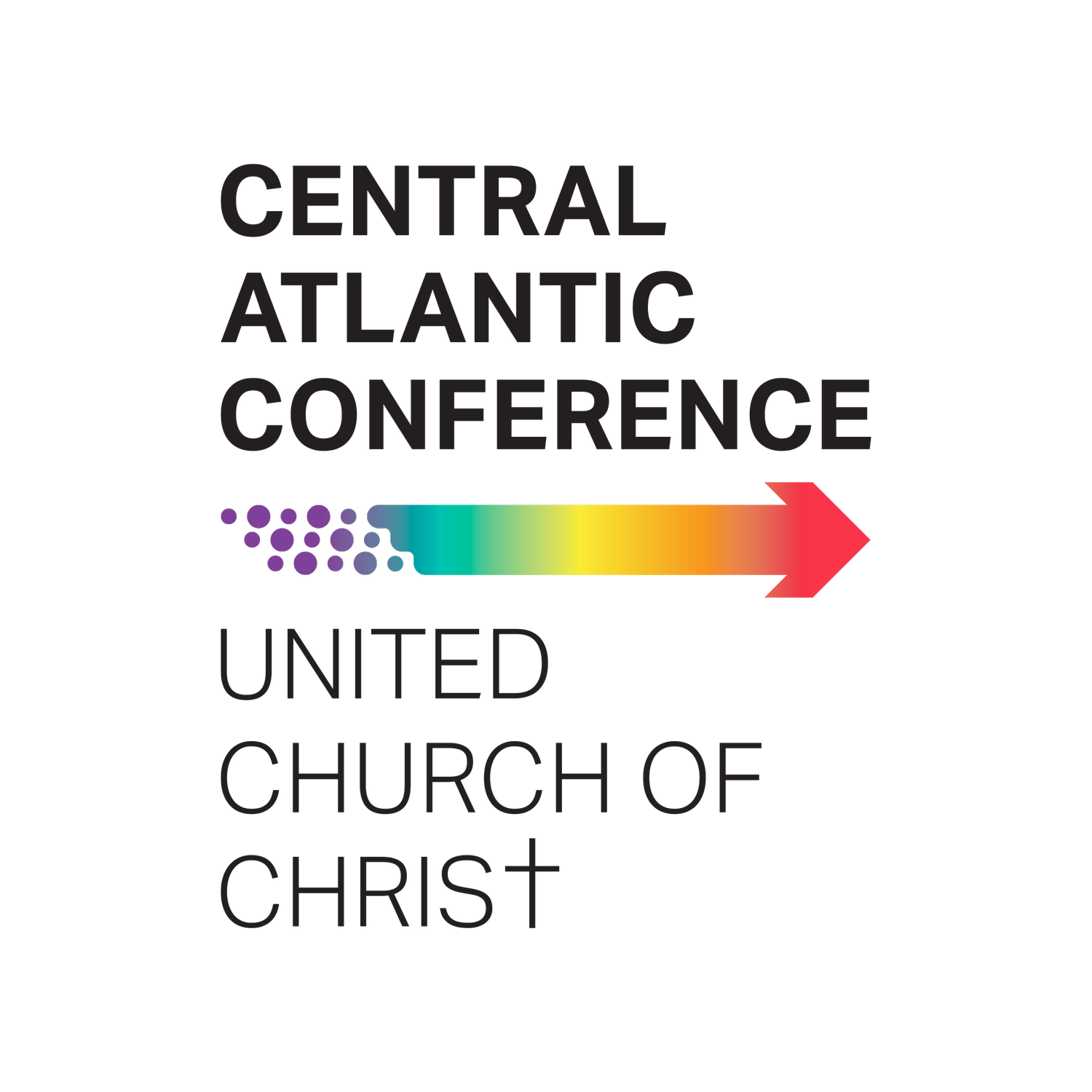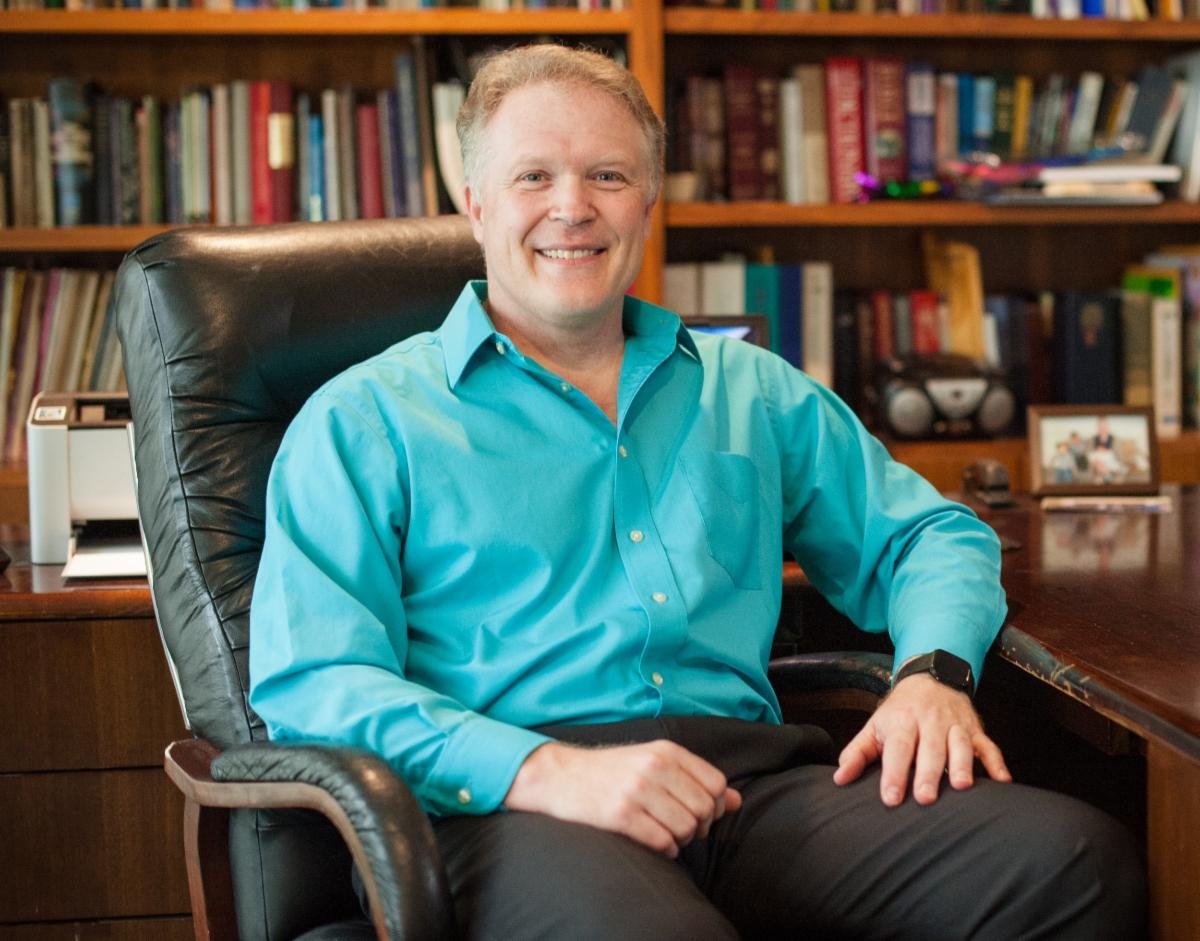
November 14, 2024
“David strapped Saul’s sword over the armor, and he tried in vain to walk, for he was not used to them. Then David said to Saul, “I cannot walk with these, for I am not used to them.” So David removed them. Then he took his staff in his hand and chose five smooth stones from the wadi and put them in his shepherd’s bag, in the pouch; his sling was in his hand, and he drew near to the Philistine.”
1 Samuel 17:39-40 (NRSVUE)
The story of David and Goliath has meant a lot to me over the years because it is full of life lessons. One of those lessons is found in the two verses I quoted above. Let me share that lesson with you.
When David stepped forward and took on a challenge that seemed insurmountable (i.e., defeating Goliath), King Saul responded by trying to prepare him for the task using conventional wisdom. The king gave him the best resources that were available at the time.
Conventional wisdom may have worked for some – but it didn’t work for David. The armor, bronze helmet, and coat of mail simply weighed David down and made the overwhelming task before him even harder.
So, what did David do?
He set aside conventional wisdom and played to his strengths by turning to his existing resources and experience using those resources. He exchanged the armor, helmet, and coat of mail for a sling and five smooth stones. In doing so, David accomplished the impossible!
I think of David’s wisdom a lot in my work in congregational development. I frequently work with churches that face an obstacle every bit as challenging as Goliath: how to survive without an authorized minister.
For decades, conventional wisdom said churches in such situations should close. It taught that a church is not a church unless it has an authorized, or ordained pastor to lead them.
Over the past two years, I have seen an increasing number of communities step forward to challenge that conventional wisdom. They are following David’s example, using the resources available to them—in their cases, tremendously dedicated lay leaders—and using their experience to meet the challenge before them.
Our conference is working hard to support these congregations (whom I call Davids) meet the challenges before them by making FREE training available to help lay leaders gain the skills they need to lead worship until they can find an authorized pastor to serve. This Fall, we made available to all our local churches a FREE online training program called “Small Bites, Big Flavor.” The training is led by Dr. Marcia McFee.
I’m writing about the program today because the materials in the first segment are designed specifically to prepare lay-led congregations for the seasons of Advent, Christmas, and Epiphany. You can sign up at any time and gain access to the resources - which include fully scripted worship services - almost immediately.
The best part is that the program doesn’t just benefit small churches. It is a helpful resource for larger churches as well – as it empowers lay leaders to serve on your church’s worship team or fill the pulpit on weeks your pastor is away. I dream of the day when our larger churches develop a ministry whereby they make available some of their trained lay worship leaders to neighboring UCC churches in the association who need help finding pulpit supply. What a powerful way that would be to live out our covenant with one another!
If you’d like to register for the “Small Bites, Big Flavor” training program and view their on-demand training sessions, you can do so by using the following link: Central Atlantic Conference UCC Registration.
My prayer for us as we head toward a new year full of unknowns is that we will often think of David’s story and have the wisdom to use our resources—and the experiences we have accrued—to take on what might seem to be insurmountable challenges.
Grace & Peace,
Craig
Rev. Craig Peterson
Associate Conference Minister
Conference Support to the New Jersey & Chesapeake Associations
Central Atlantic Conference UCC

